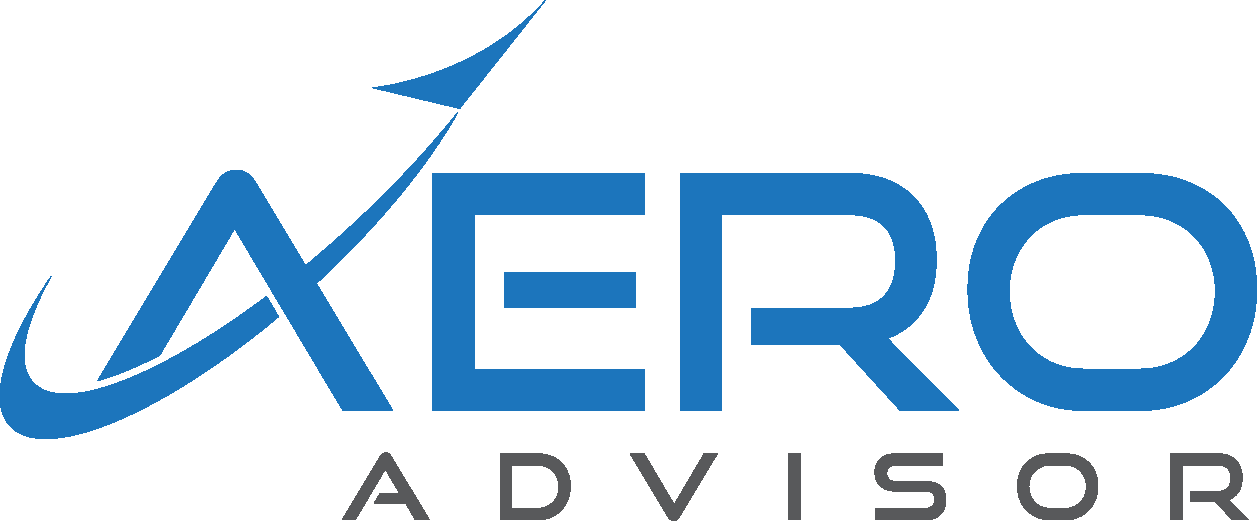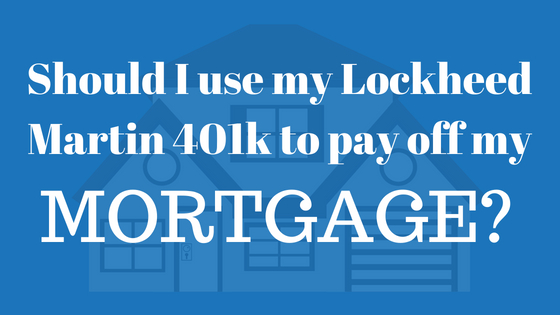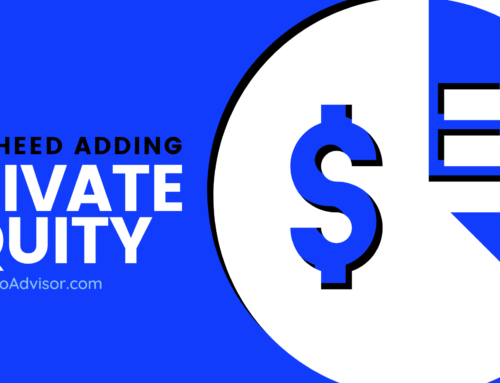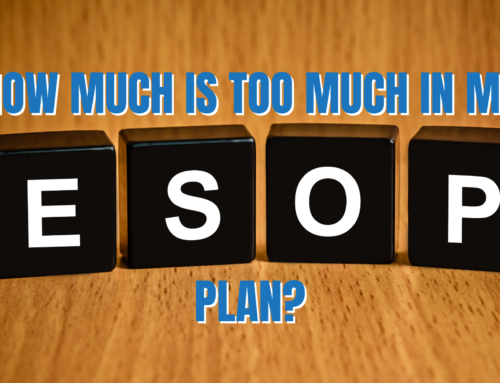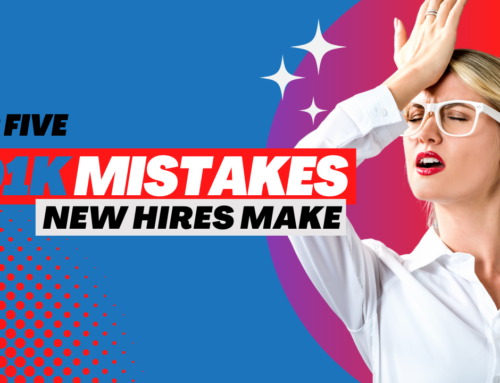At retirement, a very common question we are asked is, “Should I use my 401k from work to pay off my mortgage when I retire?” Getting rid of that monthly payment can seem like a great idea to lower your expenses during retirement. A lot of factors can determine if it’s a good idea or not, but let’s examine the benefits and drawbacks a little further.
Note: When I use “401k” I also want to include IRA/SEP/SIMPLE IRA etc., but I’ll just use 401k going forward to simplify things.
When you retire, you have a few options for your old 401k (see them by clicking here). Some might decide to cash out a portion of their 401k to pay off the balance of their mortgage. This will wipe out the monthly payment, but you’ll still have property taxes and insurance to take care of each year.
Freeing up that monthly payment each month might make your remaining retirement funds last longer but it’s also important to not replace the mortgage payment with other expenses.
You could also access some of your 401k before you retire and pay off the house by using an in-service withdrawal. It might be a good option depending on the balance of your mortgage.
One of the biggest disadvantages to cashing out the 401k to pay off the mortgage are the taxes involved. Most likely, most of the funds in your 401k are pre-tax dollars, meaning the funds you take out will all be taxed at your ordinary income rate. Also, if you happen to be lucky enough to retire before age 59.5, you might also be hit with a 10% penalty tax, so it’s a good idea to consult with a tax professional when considering this action.
You also lose a little of your flexibility you have in retirement. If you have a paid off house, you might not have the funds in your retirement accounts if an emergency expense came up. If you were forced to sell the house to free up cash, it might not be the best time to sell, or you could have a difficult time selling your home. With a retirement account, you should have relatively easy access to a portion of those funds if something urgent came up.

Selling a house because of a financial emergency can be scary.
If you really want to pay off the mortgage, it’s definitely a good idea to get a plan for removing funds out of your 401k or IRA. A financial advisor and tax professional can team up to help you develop a plan to knock out the mortgage balance using the best method possible to keep your tax bill low as well. The timing of the withdrawals can be important. For instance, you might not want to take out a large lump sum in the same year as you retire, as you might have some regular income during that year that might bump up your taxes as well.
So what should you do if you still want to get rid of the mortgage but not get killed on taxes? You could accelerate the mortgage payoff by paying extra principal out of our 401k each year. You might also consider downsizing your home to lower the mortgage payment. You could keep the same payment each month, but you’d be paying more towards your principle, decreasing the amount of time it would take you to pay off the mortgage.
Everyone’s individual situation is different, and there are a lot of factors involved in each decision, including your current mortgage rate, the remaining balance, your overall retirement assets, etc. It’s a good idea to sit down with a financial advisor to help you sort through your options.
Content in this material is for general information only and not intended to provide specific advice or recommendations for any individual. There is no assurance that the techniques and strategies discussed are suitable for all individuals or will yield positive outcomes.
Want help?
We can help you crunch those numbers to see which option might be the best for you. Fill out the form below and we’ll contact you to help.
